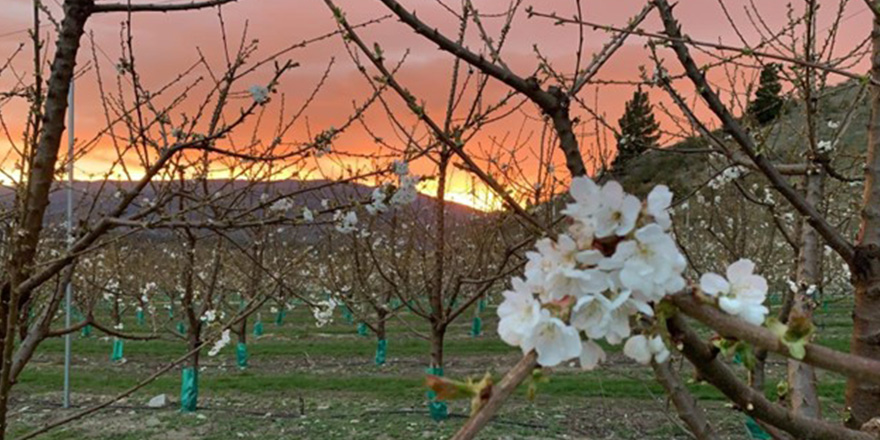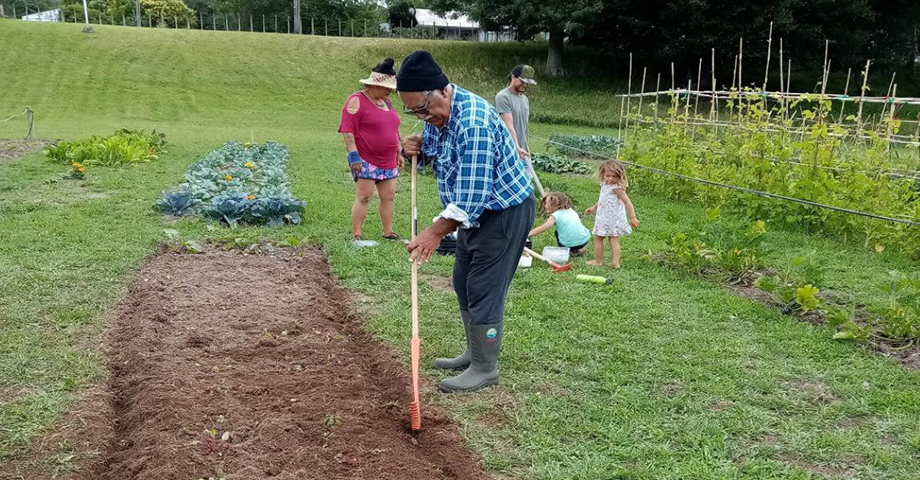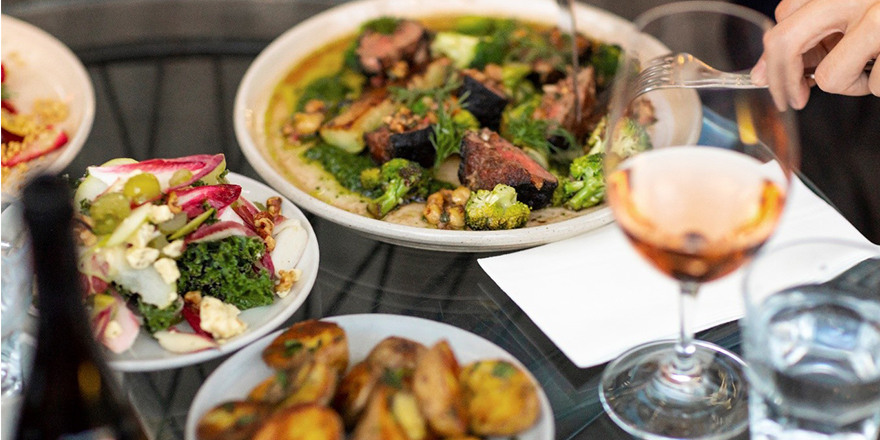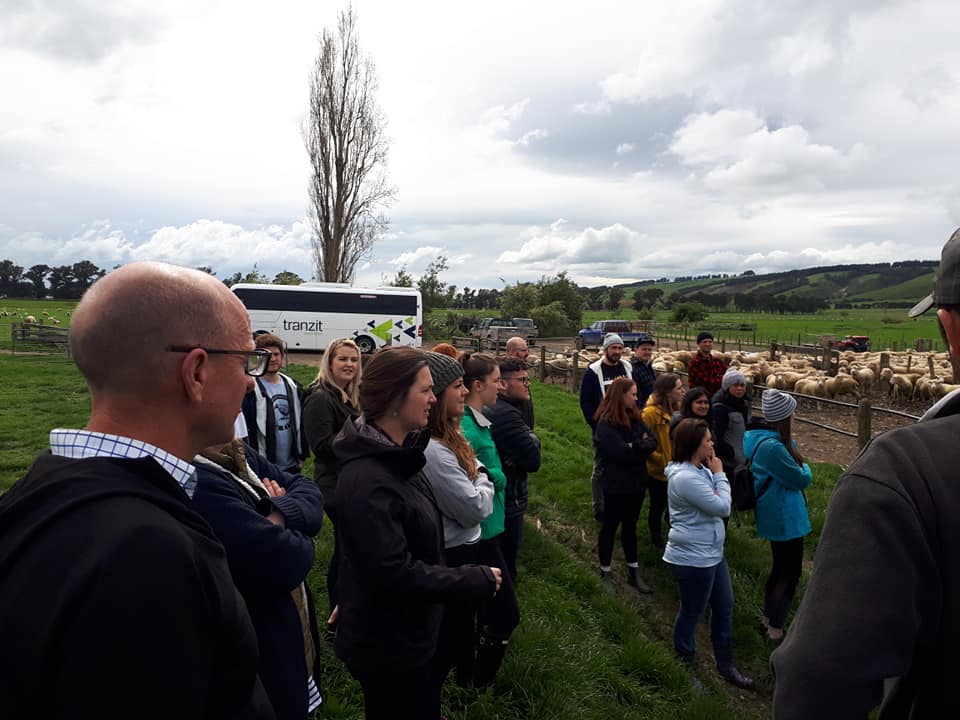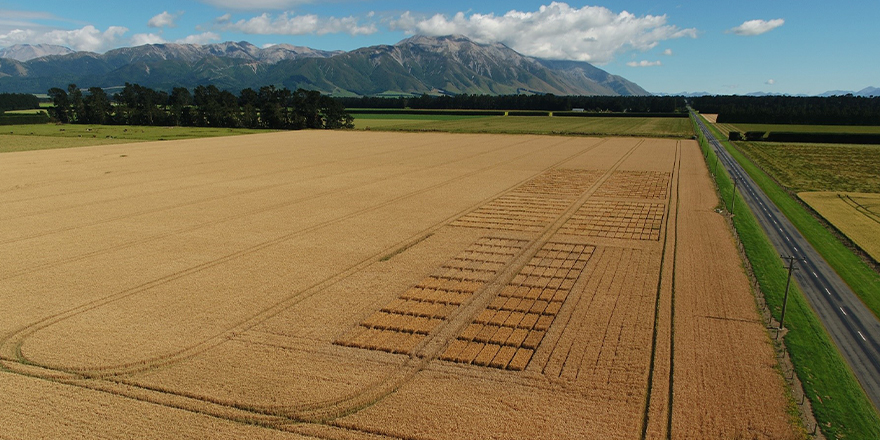
Executive summary
New Zealand farmers are being asked to change how they operate their farming businesses. The sectors that are more likely to thrive in this new world are those which not only adapt to change but, become the drivers of change.
The Fit for a Better World roadmap offers a vision where production-oriented goals of the past will be realigned with core values shared by farmers, society and our overseas consumers.
This vision can be a catalyst for the creation of end-to-end value chains to take food and fibre products to markets in New Zealand and around the world. While the ‘volume to value’ mantra is not new, it is not clear how, or who will build these value chains for the arable industry.
Value chains differ from supply chains in that the product or service generates value as it flows between the participants to the final buyer.
This report aims to offer insights into how the utilisation of value chains by arable growers will enable them to create and capture more value from their products.
The research methodology was comprised of a literature review, semi-formal interviews and case studies across the entire supply chain to gain insights into their experiences.
Key Findings
Growers are trapped in low value supply chains. As a grower, if you cannot identify the other participants in the supply chain through to the end consumer, then it is likely you do not hold significant power. As a result, you will be a price taker.
Value is created by consumers. Therefore, the shift for growers from competing on price to optimising customer experience requires the alignment of the values of participants in the supply chain to those of the consumer.
Value can be created via innovation or branding. Irrespective of the pathway taken, growers will need to contribute time and capital to the co-creation of value chains for future food products.
Recommendations
This report proposes that for the arable sector to thrive, a mindset change from the good of the individual to the collective is required. This new mindset will foster the co-creation of value chains for new food products that create and capture greater value for all growers.
Specific recommendations include:
Define arable sector values. The shift from operational excellence and competing on price requires a new business strategy. The transition to customer intimacy requires the alignment of values of the participants of the supply chain to those of the consumer. The Fit for a Better World vision and the principles of Te Taiao could offer a worldview and a starting point for an industry discussion.
Foster a culture of innovation and value-add at the sector level. Develop a pathway to value-add through encouraging a ‘prototype – iterate – test’ culture in a start-up environment for future food products. This could be funded by the current levy body.
Take collective ownership of value chains. To disrupt existing supply chains a new grower-led investment model is proposed. This will overcome some of the current barriers to investing in value-add beyond the farm gate.
Download and read the full report here

